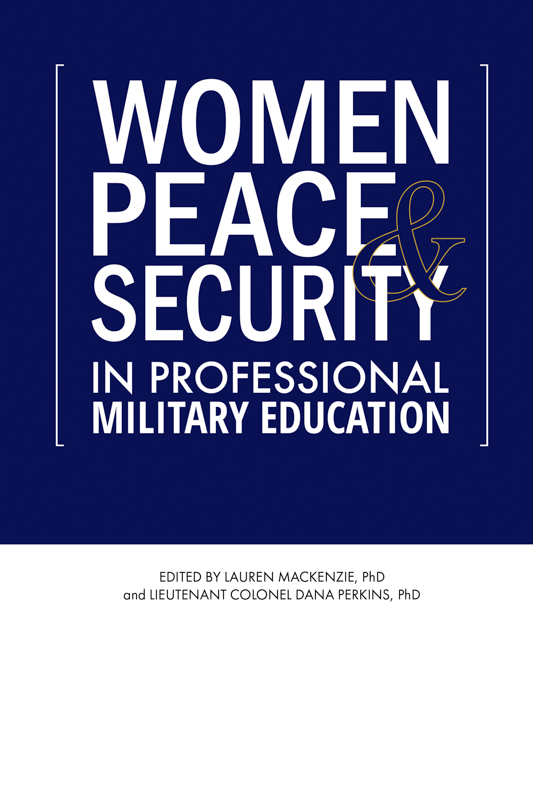Background
Published in 2022, “Women, Peace, and Security in Professional Military Education,” edited by Dr. Lauren Mackenzie and published by the Marine Corps University Press, explores the critical integration of the Women, Peace, and Security (WPS) agenda into military education systems. This book is a compilation of essays and articles published on the relevant topics and arranged to provide a narrative. It examines how the principles of WPS, as outlined in UN Security Council Resolution 1325, are being woven into the curricula of military institutions to ensure that future leaders understand the importance of gender perspectives in conflict resolution and peacebuilding. Through analysis and case studies, the book highlights the impact of WPS on operational effectiveness, strategic planning, and the protection of vulnerable populations in conflict zones.

My Thoughts
The book doesn’t really read like a cohesive whole. This was to be expected as anytime you have a variety of authors, you run into this problem. However, the editors struggled to give it flow in areas that were in need of more form and structure.
Most of the segments came from articles or peer reviewed literature. Unfortunately, there are a number of statements and inferences made that seem unsupported unless you delve further into the references. I found myself wondering about a few seeming leaps in logic and occasionally about conflicting ideas. Below is an example.
Several of the studies were using small sample sizes requiring t-distributions. It’s hard to see many of the findings to be much more than anecdotal evidence when you are interviewing 6 people. A specific example would be the quantitative discussion that 20% of women failed a course over a 4 year period only to find out the study was only involved 10 women. It’s hard to follow the sweeping generalizations on such evidence. It is also a little frightening that the evolving military attitude toward female combat fitness could be based on that kind of data. I only hope more data pours in as the years go by and all of us can have an honest look at what happened without the bias of our preconceived notions.
Recommendation
This one was difficult to get through.